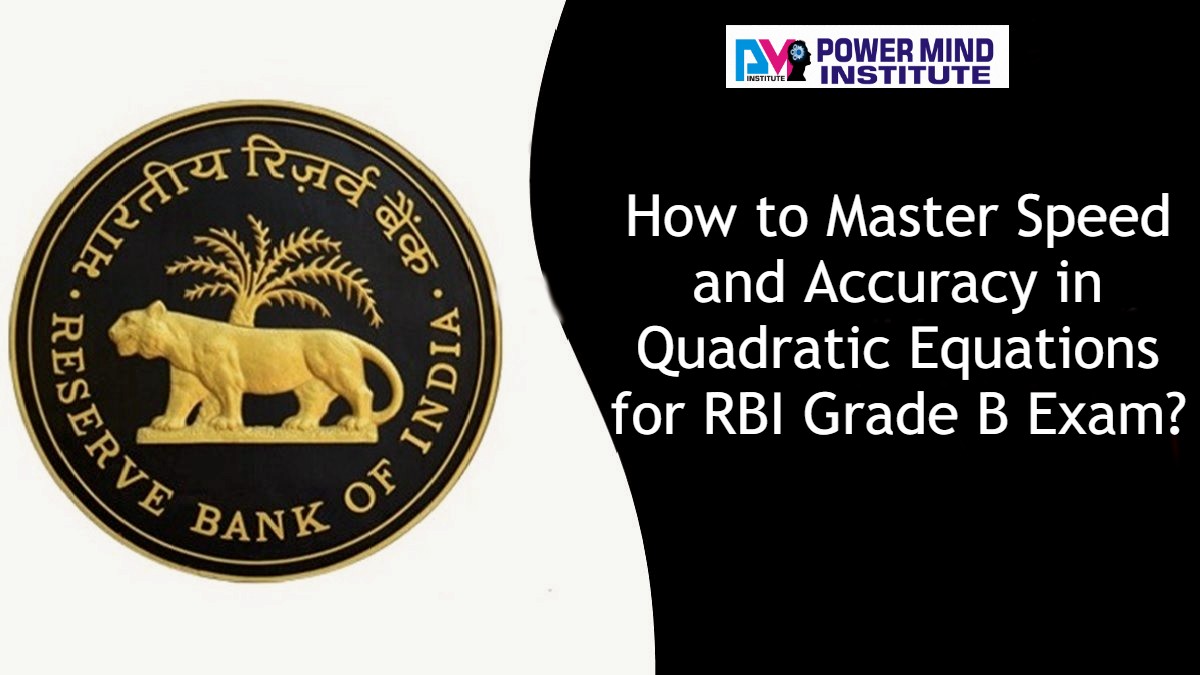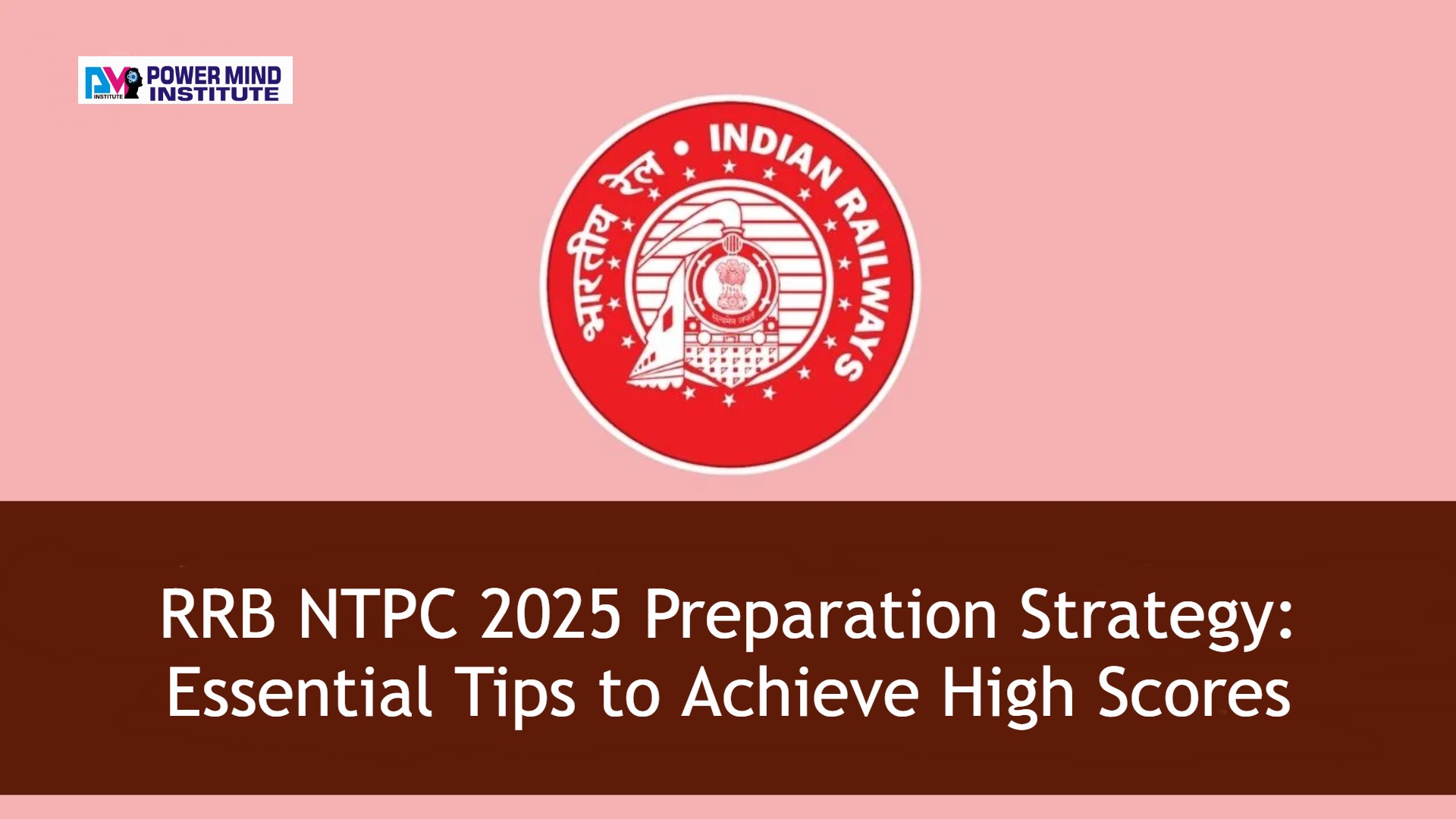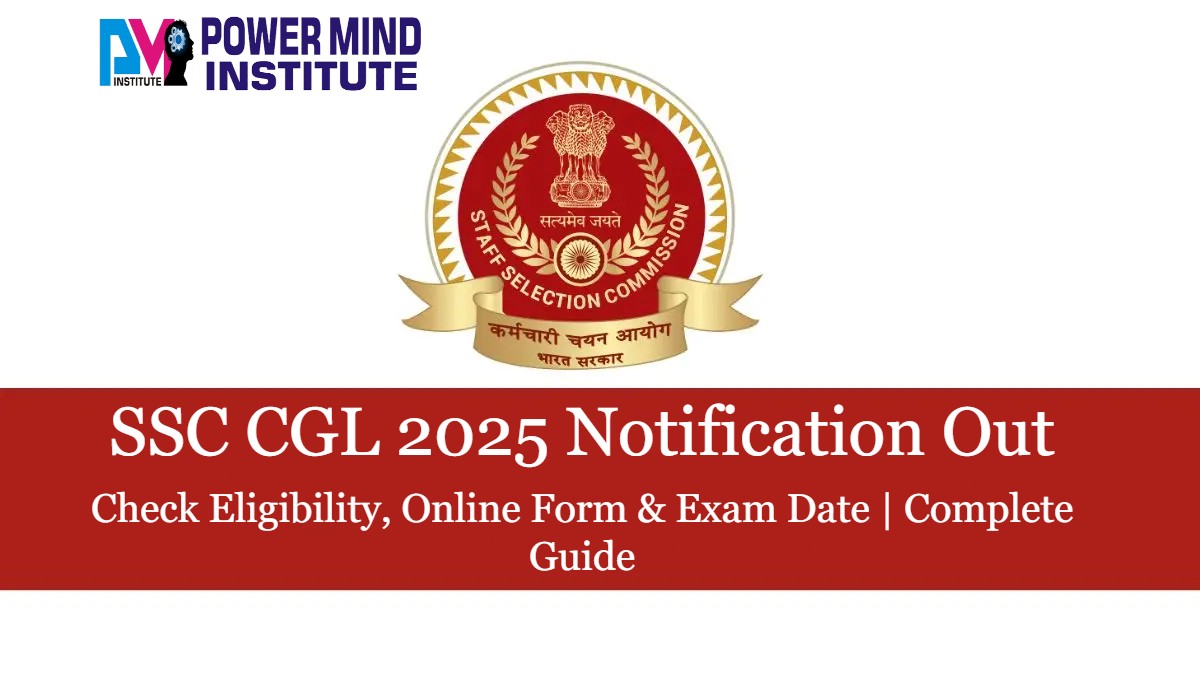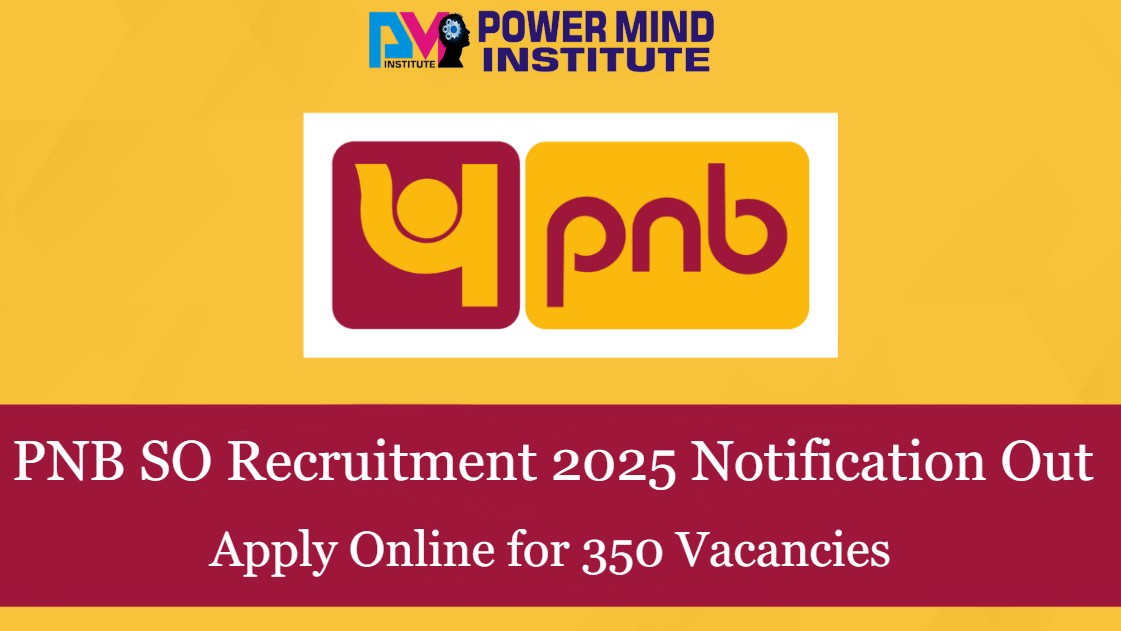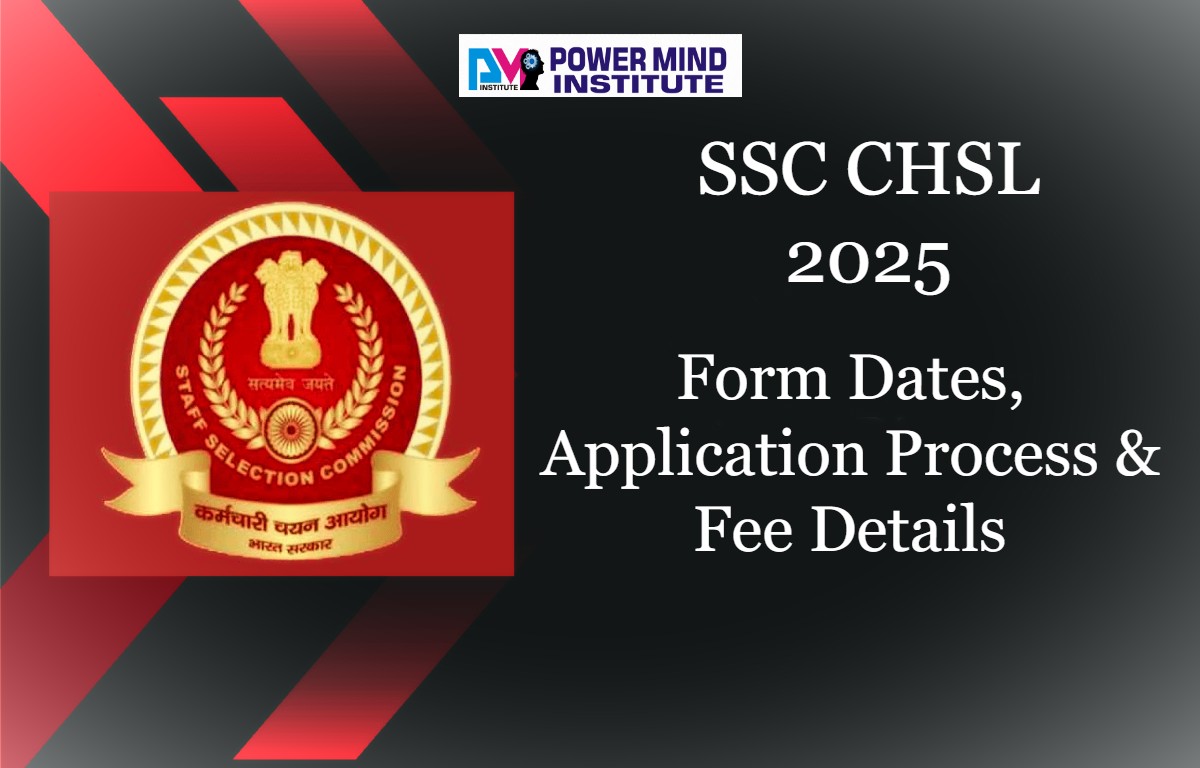Power Mind Institute in Jaipur stands out as a leading provider of coaching for bank PO and central government exams. Our institute is renowned for its experienced faculty, who offer expert guidance in preparing for exams like SBI PO, SBI Clerk, IBPS Clerk, IBPS PO, RRB Clerk, and RRB PO. Our teachers are well-regarded in their fields, ensuring high-quality instruction and effective learning. We focus on delivering results through specialized Maths and English batches, and we also offer new courses for SSC, bank exams, and railway exams. Additionally, we have introduced technical classes for SSC-JE, AVVNL, JVVNL, and RRB-JE & A.EN. At Power Mind Institute, we are committed to providing a supportive and successful learning environment to help you achieve your career goals.
Our offline classroom batches for Bank PO, IBPS, and SBI exams cover Prelims, Mains, Descriptive, and Interviews over 6 months. The fee is ₹18,000 in installments or ₹17,500 if paid in full. Included in the course are:
- Books, bags, and class handouts
- Class topic tests on OMR sheets
- Daily English newspaper (TOI)
- Monthly current affairs magazine (PMI publication)
- Access to PMI app/portal for online tests (topic, sectional, full mock, previous years with detailed solutions and analytics)
- Daily live classes for revision and emergency, also available in recorded format
- Weekly offline full tests with solutions
- Mock interview sessions
The course is valid until you are selected.
Bank Probationary Officer(PO).
The Bank PO (Probationary Officer) exam is a competitive test held by Indian banks to hire candidates for the role of Probationary Officer. This position involves key responsibilities such as managing customer accounts, performing administrative duties, and overseeing day-to-day banking operations. The exam assesses a candidate's skills in areas like reasoning, quantitative aptitude, and general awareness, ensuring they are well-equipped to handle various challenges in the banking sector effectively.
Qualification For the Bank PO Job
In India, you usually need to fulfill the following requirements to be eligible for a Bank Probationary Officer (PO) position:
Educational Requirement: A bachelor's degree from an approved college. Any undergraduate degree is usually acceptable, though certain banks may have specific criteria.
2. Age Limit: Ideally, applicants should be in the 20–30 age range. Certain categories (e.g., SC/ST, OBC, PwD) have age relaxations.
3. Nationality: Before January 1, 1962, individuals who are Tibetan refugees or Indian citizens who are subjects of Nepal or Bhutan are normally qualified. If applicants from foreign nations fulfill specific requirements, some banks might additionally consider them.
4. Language Proficiency: The state or UT in where the bank is located may demand proficiency in the local language.
5. Selection Procedure: Applicants normally have to pass a competitive exam including sections on computer knowledge, reasoning, general awareness, numerical ability, and English language proficiency. Typically, there is also an interview phase.
6. Physical and Medical Fitness: Although it's not often a formal requirement, applicants should be in good health and fulfill the bank's requirements for physical fitness.
The particular requirements of the bank you're interested in may differ slightly, so be sure to examine them.
Syllabus For Bank PO Exam 2024
For both the preliminary and main exams, the Bank PO (Probationary Officer) syllabus for 2024 usually follows a set format. Below is a summary of the syllabus:
-
Preliminary Examination
|
English Language |
|
|
Quantitative Aptitude
|
|
|
Reasoning Ability |
|
|
General Awareness (with special emphasis on Banking)
|
|
2. Main Examination
|
English Language
|
|
|
Data Analysis & Interpretation |
|
|
Reasoning & Computer Aptitude
|
|
|
General Awareness
|
|
|
Descriptive Test
|
|
3. Interview (Phase III)
- Personal Interview: Based on the candidate’s background, general awareness, and specific knowledge related to banking and finance.
Tips for Preparation:
- Study Frequently: Set aside a certain amount of time for each subject.
- Practice Mock Tests: To become accustomed to the exam format and time management, take practice exams regularly.
- Keep Up with Use newspapers and periodicals to stay up to date with banking news and current affairs.
- Make sure you review the official announcement and guidelines in case there are any adjustments or modifications to the 2024 exam year syllabus.
Why You Should Choose Power Mind Institute
Bank PO, IBPS & SBI Offline Classroom Batches
Course Duration:
- 6 months
Fee Structure:
- Installments: ₹18,000
- One-time Payment: ₹17,500
Included Facilities:
- Study Materials: Books, bags, and class handouts
- Class Topic Tests: Conducted on OMR sheets
- Daily Updates: English newspaper (The Times of India)
- Monthly Magazines: Current Affairs magazine (PMI publication) delivered 12 times
- Online Resources: Access to PMI app/portal, including:
- Topic tests
- Sectional tests
- Full-length mock tests
- Previous year's exam papers with detailed solutions and analytics
- Classroom Sessions: Daily live classes for revision and emergency support
- Recorded Classes: Available after the batch completion for reference
- Validity: Access until election
Additional Features:
- Weekly Tests: Offline full-length tests every Sunday with solutions provided by faculty
- Interview Preparation: Mock interview sessions to help you prepare for the interview stage
This comprehensive program aims to equip you with all the resources and support needed to excel in your bank PO, IBPS, and SBI exams.

